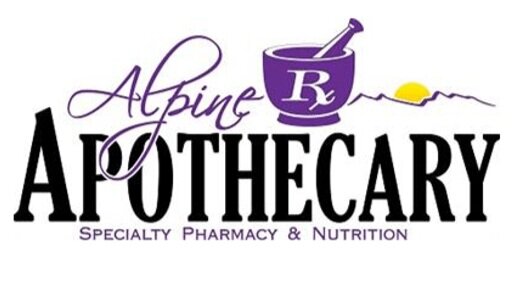Regaining Male Vitality
In both the physical and mental sense, “vitality” (derived from the Latin root of vita- or “life”) is the state of being strong, active, having plenty of energy, and feeling alive.
However, as we age, physiological changes occur and our energy levels can naturally start to decrease. Have you ever found yourself saying, “I am worn out,” or, “I am feeling run down?” Do you often have low energy levels, issues with stamina, libido or sexual performance? Do you run out of steam faster and quicker than you did a few years ago? If you answered, “yes,” then you are not alone. There are some tricks, however, to retaining male vitality, regardless of age or context. The key to vitality is to adopt a healthy lifestyle, which includes:
Getting good-quality and consistent sleep
Decreasing stress triggers
Eating well balanced meals
Participating in physical activity
Maintaining the balance of your hormones
Replenishing the nutrients you lack
In this article, we will touch on how maintaining hormone balance and replenishing your body’s nutrients can help you achieve optimum vitality.
Hormones and the Symptoms of Deficiency
First, let’s talk about which hormones are key in improving energy levels in men, such as: testosterone, DHEA and cortisol. Every year after men turn 30 years old, their bodies drop 1-3% of their hormone levels and this can be accelerated with unmanaged stress. Take a look below for symptoms associated with low levels of each of these particular hormones.
TESTOSTERONE
Low energy
Low libido or diminished sex drive
Poor memory
Difficulty concentrating
Depression
Low muscle tone
Loss of lean tissue
Weight gain in abdomen
Insomnia
Erectile dysfunction
Low DHEA
High cortisol
Loss of strength
Low immune function
Dyslipidemia (high triglycerides)
DHEA
Accelerated aging
Fatigue
Loss of strength and muscle mass
Depression
Joint pain
Reduced sex drive
Impaired immune function
Low testosterone
High cortisol
CORTISOL
Chronic fatigue
Weakness
Cravings for salty foods
Poor tolerance to physical or emotional stress
Waking unrefreshed
Allergies
Hyperpigmentation of the skin
Light-headedness upon standing
(orthostatic hypotension)Cannot tolerate exogenous thyroid hormone
Insulin resistance
Mid-afternoon fatigue
If you have several of the symptoms listed above, it may be time to schedule a visit to have your hormones tested. We, at Alpine Apothecary, have wonderful relationships with our partner physicians and can recommend you to those that are experts in Men’s Health. Or, if you’re not quite ready to see a doctor, you can give us a call to schedule a special Saliva Test provided by ZRT Laboratory. This saliva test looks at your hormone levels and we offer a comprehensive Wellness Evaluation based on your results. To learn more about saliva testing watch this video.
Per a prescription from your healthcare provider, we can create a personalized testosterone compound based off of your specific hormone levels. We even have an advanced topical base that was designed to deliver testosterone through the skin in male patients called Atrevis Hydrogel®.
Supplements and Replenishing Nutrients
Second, let’s glance at the vital micronutrients that can optimize vitality, such as: folate, vitamin B6, zinc, magnesium, carnitine, vitamin D, vitamin K, and vitamin C. The following is how each of these nutrients can affect testosterone.
Folate deficiency reduces the circulation of testosterone throughout the body.
Vitamin B6 regulates sex hormones and is also a co-factor for dopamine synthesis, which influences testosterone levels.
Zinc deficiency lowers testosterone levels and stops prolactin (a testosterone inhibiting hormone) from being secreted from the body.
Magnesium makes testosterone more biologically active in the body and can also raise testosterone levels in men.
Carnitine boosts dopamine, which is directly related to testosterone levels. It may also prevent testosterone decline after intense physical stress.
Vitamin D, which is actually a hormone, regulates the synthesis of testosterone.
Vitamin K deficiency reduces testosterone production because the rate-limiting enzyme for testosterone synthesis (CYP1A1) is vitamin K dependent.
Vitamin C, as some studies suggest, can protect the prostate from testosterone induced tumors.
We sell several products at Alpine Apothecary that provide a majority of the above nutrients. Stop by or contact us today to learn more about regaining your vitality with balanced hormones and our high-grade nutritional supplements. We want to help you stay sharp, stay well, and live your life to the fullest. Whether you are 35 years old, 85 year old or some where in between, we at Alpine Apothecary can help you get back to feeling your best.

